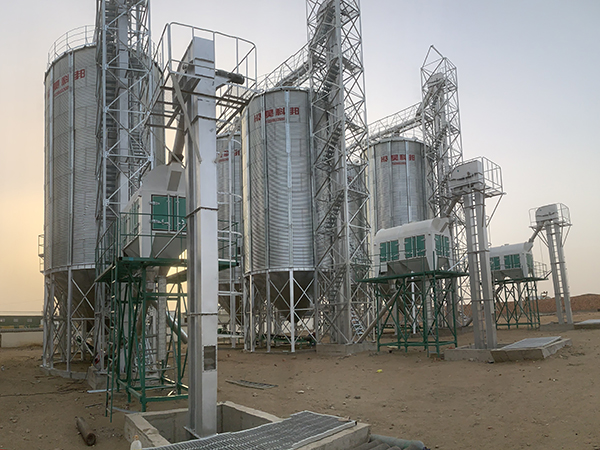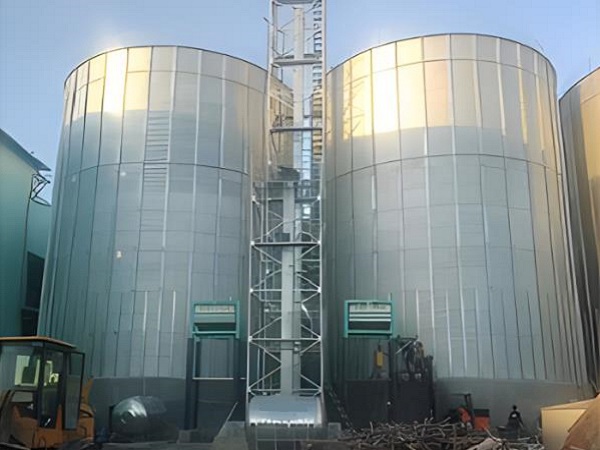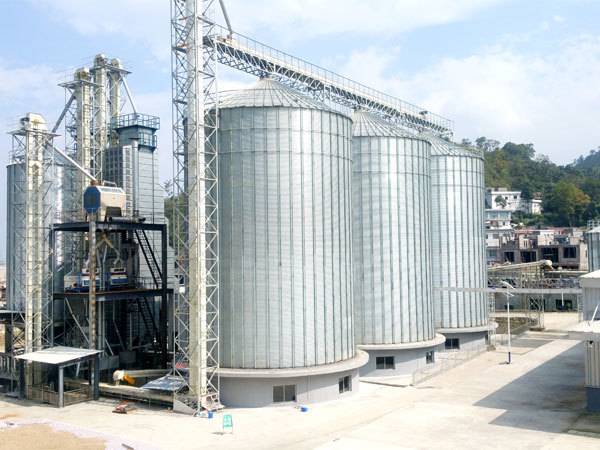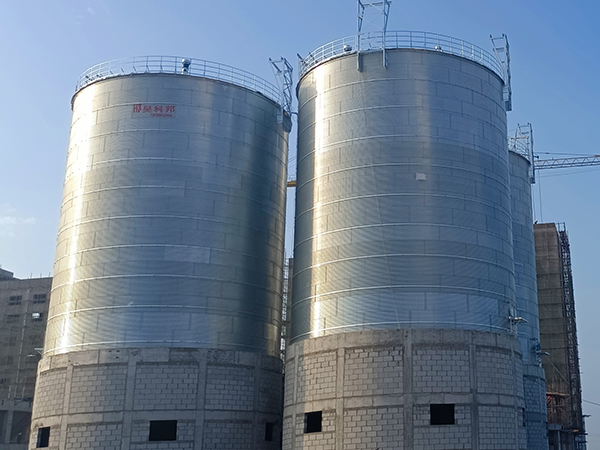Exploring the New Realm of Silos in Modern Grain Storage
Silos revolutionize grain storage with versatile applications and innovative designs, impacting the modern grain industry by ensuring supply stability and efficiency. Facing socio-economic developments and climate challenges, silos’ continuous innovation is key to meeting grain safety and supply demands.
- Barley grain bin company in Tanzania
- rice grain bin factory in Rwanda
- Paddy grain bin supplier in Guinea
- Wheat Cone-Bottom Silo Franchise in Thailand
- Wheat cone bottom silo procurement in Thailand
- Wholesale Wheat Cone-Bottom Silo in Malaysia
- Manufacturers of Wheat Cone-Bottom Silo in Malaysia
- Wheat Cone-Bottomed Silo Suppliers in Uganda
- Cone-Bottom Wheat Silo Sales in Uganda
- Wheat cone bottom silo price in Uganda
- Soybean meal grain bin sale in Guinea
- Corn grain bin price in Libya
With the rapid development of agricultural technology, storage, as a crucial link in the grain production chain, is undergoing a revolutionary transformation. In this transformation, silos, as the main force in storage, have demonstrated remarkable versatility and innovation.
Throughout history, humanity has been seeking more effective ways ofstorage. Traditional underground storage methods have gradually become inadequate in meeting the growing demand for grain. In modern society, silos, as advanced storage facilities, are leading the way in storage technology with their unique designs and functions.

Versatile Applications of Silos
Whether it’s corn, wheat, soybeans, or rice, various staple grains rely on silos for support. Through their unique cylindrical design, silos effectively utilize space, making grain storage more compact and efficient. Moreover, silos can maintain the freshness and quality of grains by controlling conditions such as temperature and humidity. Different types of grains require different applications of silos, such as steel silos, hopper-bottom silos, etc., tailored to meet various storage needs.
Innovation and Development
Silos continue to innovate and develop in storage technology. For example, stainless steel pipe silos, with their corrosion resistance and ease of cleaning, are suitable for occasions where high grain quality is required. Hopper-bottom silos facilitate grain discharge and transportation through special bottom designs, improving work efficiency. Vertical steel storage silos maximize space utilization and are suitable for places with height restrictions. The continuous emergence of these innovative designs makes the role of silos in storage even more significant.
Impact on Modern Grain Industry
In addition to their applications and innovations in storage, silos also have far-reaching effects on the modern grain industry. Grain is a basic necessity of human life, and the advancedness of storage technology directly affects the stability and sustainability of grain supply. As efficient, safe, and reliable storage facilities, silos provide solid support for the healthy development of the grain production chain. They not only provide reliable long-term storage guarantees for grain processing enterprises and agricultural cooperatives but also play a crucial role in the efficient operation of the grain supply chain.

Challenges and Prospects
However, it’s important to note that as the socio-economy develops and concerns about grain quality safety grow, silos require ongoing innovation to face emerging challenges. For instance, to ensure grain quality and safety, silos must bolster monitoring and control of storage conditions, preventing contamination or spoilage. Additionally, in light of climate change and natural disasters, silos need to improve protective measures. This enhancement is crucial to manage the effects of extreme weather on storage. Only through continuous innovation and improvement can silos better adapt to the development needs of the modern grain industry.
In conclusion, silos, as vital components of modern grain storage technology, offer versatile applications and continuous innovation. They lay a solid foundation for the grain industry’s sustainable development. Looking ahead, there is a strong belief that silos will maintain their important role. They will contribute increasingly to the safety and stability of grain supply as technology advances and social demands evolve.








